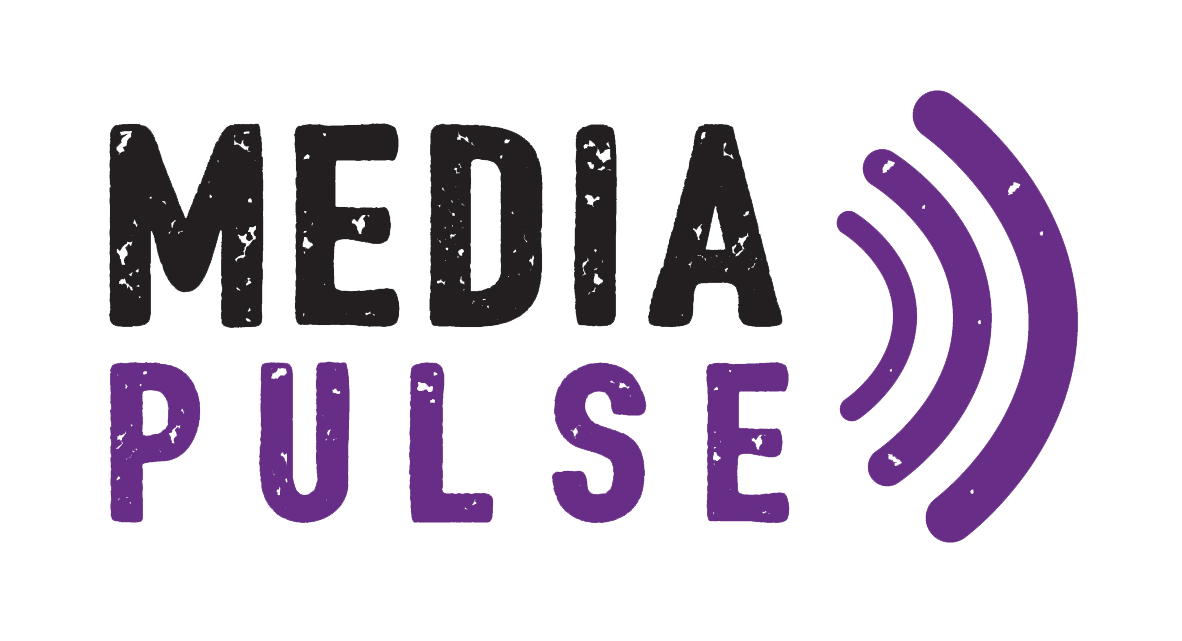Let's Talk About SMS Consent
Credit: @nordwood
Text message (SMS) marketing is a highly effective means of communicating with your customers. Today, 3.8 billion people own a smartphone and 75% of customers surveyed want to receive offers via SMS. SMS has an incredible 98% open rate compared to the 15-25% open rate of your average email campaign. Not only will customers open your text messages, they have been shown to do so very quickly, with 60% of customers read texts within 1-5 minutes after receiving them.
Sounds amazing, right? Well yes, but there is a catch: you need consent! Not following the laws and regulations surrounding SMS marketing can be extremely costly for your business. Each violation levies a $500 fine. If you were to send 1000 text messages to customers without their consent, your business would be on the hook to pay a $500,000 fine. In 2012, Papa Johns faced a $250 million class-action lawsuit for failing to comply with marketing regulations.
The laws around text message marketing are regulated by several different governing organizations and are continually updated to reflect the ever-evolving technological advancements. It is important that you stay updated with the new laws so you do not face unwanted penalties.
Other keys to consent include:
Disclose to each customer the nature of why the business requests their contact information;
Outline a reasonable forecast of how often customers will receive messages and explain what content those messages will contain;
Provide access to the full terms and conditions of their consent, typically through a hyperlink or direct-reply option;
Allow customers to immediately terminate the agreement at any time and for any reason through a direct reply; and
Inform them that standard messaging and data rates will apply.
Telephone Consumer Protection Act
The Telephone Consumer Protection Act (TCPA) is the primary telemarketing law in the United States. Passed by Congress in 1991 and governed by the Federal Communications Commission (FCC). TCPA requires prior express written consent before contacting customers via text message. Express written consent can be defined as “permission given by someone on paper or electronically to receive marketing messages sent using an autodialer.”
The TCPA also requires you to limit communication between the hours of 8 a.m. and 9 p.m., and stipulates that you must clearly identify your business when sending text messages.
CAN-SPAM Act
The CAN-SPAM Act supplements the TCPA by extending the laws governing autodialers to all commercial entities. Informational messages that do not promote new business, such as those regarding the status of an already completed purchase, are a permissible exception; they can be sent to customers without express written consent.
Providing Incentives
Getting consent from your customers is not only the law, it also communicates that you respect their privacy. A best practice for getting your customers to sign up for text message communication is to provide them with incentives. This could be discounts, exclusive offers, or additional features to your core business. As of 2021, 67 million Americans redeem coupons via mobile phones.
Read our blog for more information!


